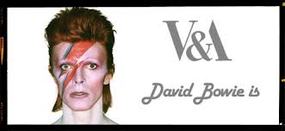
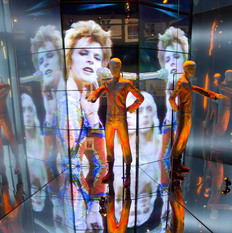
Contrary to popular belief, being alive and venerated was both regular and very common in early Christianity - something that will be a further relief to Bowie fans already delighted by a 5* new album. In the middle ages (and before), people traveled to see their icons, living saints, to see them in the flesh. Crowds would flock to venerate their heroes, especially those whose 'career choices' signaled an unusual ability to understand the world around them. Men who stood on the top of columns, or buried themselves in holes in the ground for years on end became celebrities, greatly admired for their asceticism and what we might call today the commitment to their art. Then too, much was ideas and about performance.
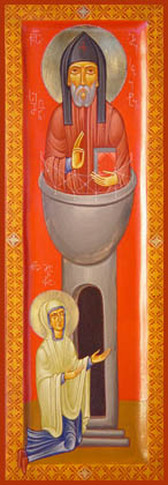
St Simeon may not have had a blue and red flash on his face, but like Bowie, he felt that there were other ways to find enlightenment than following the herd. And that appealed to many who felt that the bishops, churches and that sort of thing were, well, just uncool.
Hey dudes, we can be heroes, he might have sung down from his column 1500 years ago, if just for one day.
We learn, for example, how Bowie works: in a small mock up studio, we see notes listing how many string musicians he brought in to record particular tracks and how much they were paid; we see how he uses loops, how he sets up jamming sessions to tease out little pearls which are then fashioned into something more substantial; we learn how he works with lyrics, and how he has played with chopping up sentences randomly to create new meanings; he talks on camera about how and where ideas come from and how he gives them oxygen to breathe. It is a tool kit that explains how to innovate, how to create and how to think. Here is what you need, it says, for revelation to occur.
The show is one of those rare events where you leave with many more questions than you went in with - not necessarily about Bowie himself, although you cannot fail to be anything other than deeply deeply impressed. But you are also prompted to be highly introspective: which are the obvious dots in and around our own lives that we are too rushed, too blinkered or too dim, to see and to join up? Looking at how someone else cracked the code is therefore not just an inspiration but a blueprint.
So the fabulous Tilda Swinton was spot on in her speech that addressed the absent hero, when she said : 'you were...you are...one of us.' That is precisely the point.
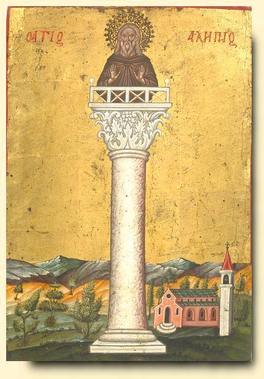
'There's a starman waiting in the sky
He'd like to come and meet us
But he thinks he'd blow our minds'
Those were pretty much St. Alipius' thoughts too.
So congratulations to the fabulous V&A, which yet again, is bang on trend. Beg, borrow or steal to get tickets. But above all, make the pilgrimage to Kensington to look, listen and learn.
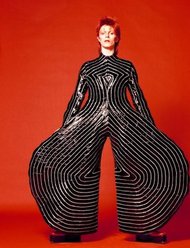
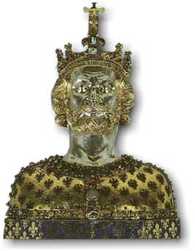
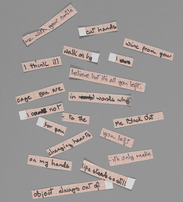
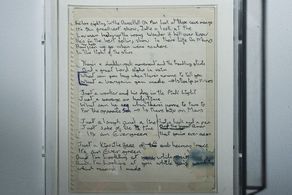
 RSS Feed
RSS Feed